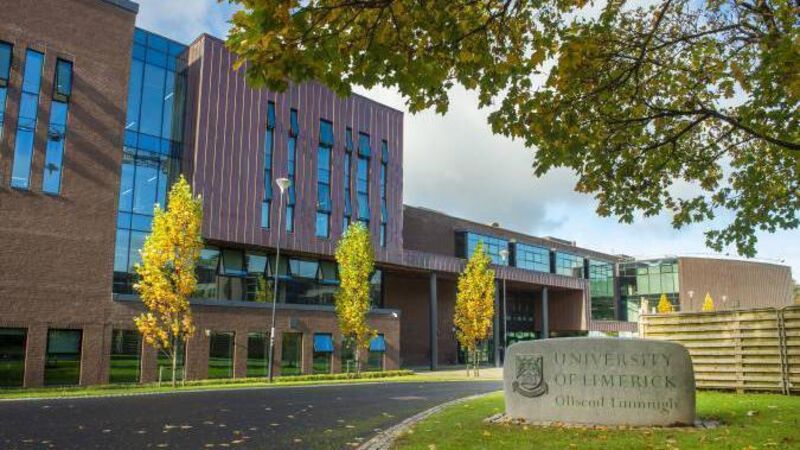Cianan Brennan: New dawn must see University of Limerick cut ties with past

University of Limerick representatives appeared before the PAC on Thursday. Picture: Dan Linehan
Who would want to be a senior official at the University of Limerick (UL)?
“Not even a year, but it seems like a decade,” Professor Brigid Laffan, chancellor of UL, said on Thursday morning when asked how long she has been in place at the university.













